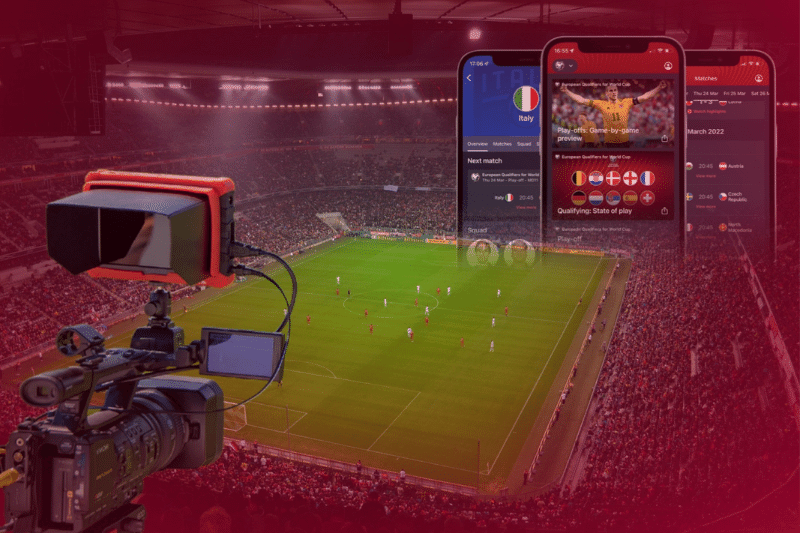Month: May 2024
May 12, 2024 Sports
Global Reach – Sports Broadcasting’s Impact on Cultural Exchange
Sports broadcasting has become a powerful vehicle for cultural exchange, transcending geographical boundaries and connecting people from diverse backgrounds on a global scale. With the advent of technology and the proliferation of media platforms, sports events are now accessible to audiences worldwide, fostering a shared experience that goes beyond mere competition. This global reach of sports broadcasting has profound implications for cultural exchange, as it facilitates the dissemination of values, traditions, and perspectives across borders. One of the most significant impacts of sports broadcasting on cultural exchange is the promotion of mutual understanding and appreciation among different communities. When people from various parts of the world tune in to watch a sporting event, they are exposed not only to the game itself but also to the culture and ethos of the participating countries or regions. Whether it is the ritualistic pre-match ceremonies in sumo wrestling or the passionate chants of soccer fans in South America, sports broadcasting offers viewers a glimpse into the rich tapestry of global cultures, fostering empathy and respect for diversity.

Furthermore, 해외축구중계 serves as a catalyst for cross-cultural dialogue and interaction. In today’s interconnected world, fans from different corners of the globe can easily connect with each other through social media platforms and online forums to discuss their favorite teams, players, and matches. These interactions provide opportunities for individuals to exchange ideas, share experiences, and bridge cultural divides, fostering a sense of belonging to a global community united by a common love for sports. Moreover, sports broadcasting has the power to challenge stereotypes and break down cultural barriers. By showcasing athletes from diverse backgrounds competing at the highest level, sports broadcasts defy narrow perceptions of race, ethnicity, and nationality, highlighting the universality of human talent and resilience. Whether it is a basketball player from China making waves in the NBA or a Kenyan marathon runner breaking records on the world stage, sports broadcasting celebrates diversity and promotes inclusivity, inspiring people to embrace differences and challenge prejudice.
Additionally, sports broadcasting can serve as a platform for cultural diplomacy and soft power projection. Major sporting events such as the Olympics or the FIFA World Cup provide host countries with an opportunity to showcase their culture, heritage, and hospitality to the world. Through carefully curated opening ceremonies, cultural performances, and promotional campaigns, host nations can shape international perceptions and enhance their global standing, fostering goodwill and cooperation among nations. However, while sports broadcasting has the potential to promote cultural exchange, it also raises concerns about cultural homogenization and commercialization. As global media conglomerates dominate the sports broadcasting industry, there is a risk of cultural products being standardized and commodities to cater to mass audiences, leading to the erosion of local traditions and identities. Moreover, the commercialization of sports broadcasting can exacerbate inequalities, as wealthier leagues and teams receive disproportionate coverage and exposure compared to their less affluent counterparts, further marginalizing underrepresented communities.